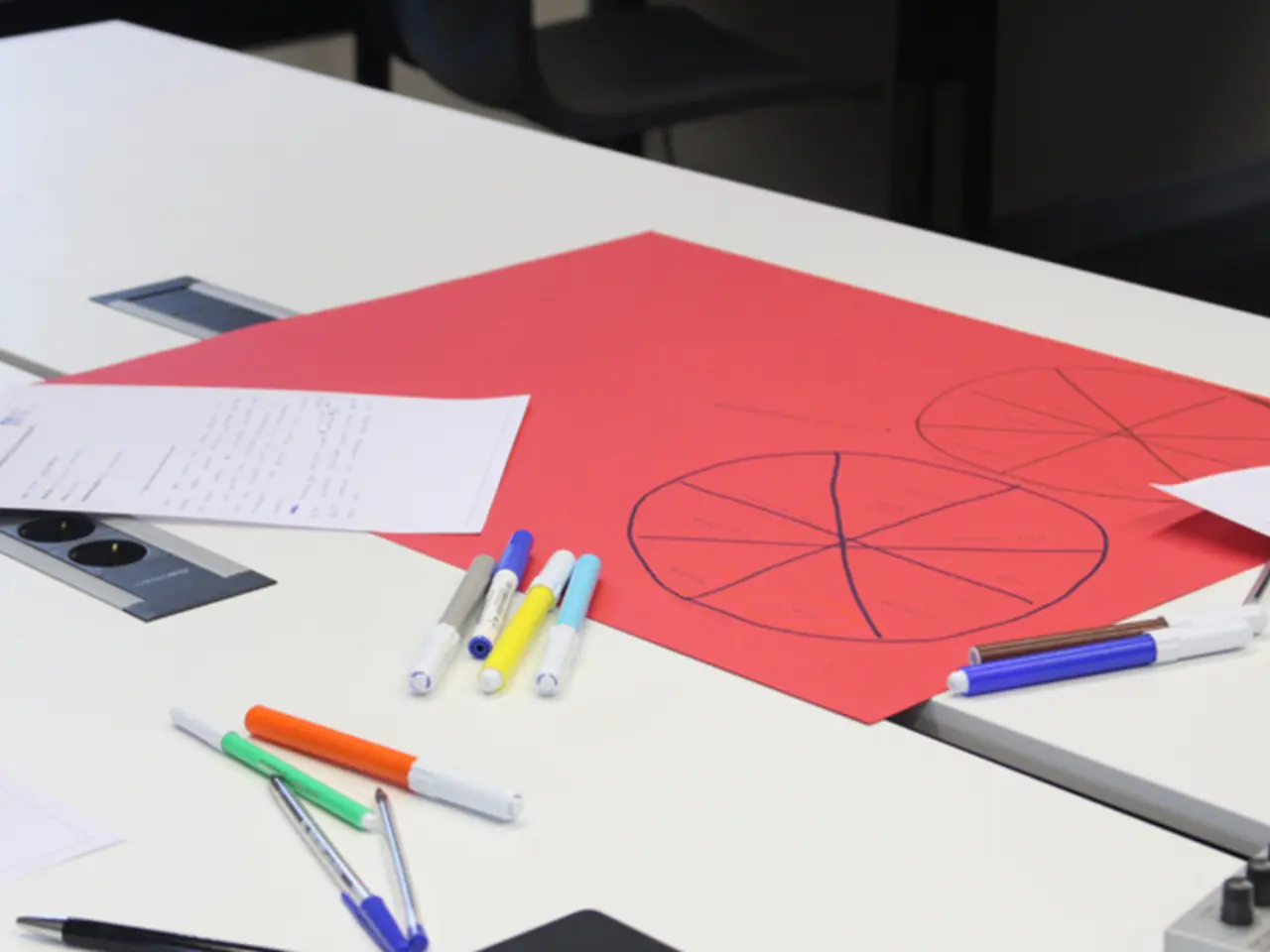Counteract Misinformation Regarding ADHD by Our Health and Wellness Enterprise
In the United States, approximately 15.5 million adults and 7 million children live with Attention-Deficit/Hyperactivity Disorder (ADHD), a neurological condition that affects how the brain manages attention, motivation, and self-regulation.
ADHD is a highly heritable, brain-based condition with well-documented neurological features. It's crucial to counteract the belief that ADHD limits a child's future and emphasize that people with ADHD can thrive as creative and resourceful adults, especially when supported in environments that understand their needs.
When a child is diagnosed with ADHD, it can provide a starting point to build support for the child with accommodations and evidence-based interventions. For kids and teens to attain a happy, prosperous future, they need support and understanding from the adults in their lives.
The diagnostic process for children involves academic evaluations or classroom observations, rating scales to assess symptoms across environments, detailed input from caregivers and teachers, and a developmental and medical history. Depending on the combination of symptoms, a professional can categorize the presentation into one of three subtypes: Predominantly Inattentive Type, Predominantly Hyperactive-Impulsive Type, or Combined Type.
For adults, the diagnostic process may include a self-reported history of symptoms, screening for other conditions that may affect attention, memory, or mood, input from close family or partners, and in some complex cases, a consultation with a psychologist, psychiatrist, or neurologist. An ADHD diagnosis isn't based on a single test, but rather a comprehensive process that examines patterns of behavior over time and across various settings.
Symptoms of ADHD include feeling mentally stuck or unable to start tasks, forgetting daily responsibilities, struggling to stay focused on tasks, avoiding responsibilities that require sustained mental effort, and difficulty managing time or meeting deadlines. It's important to have conversations with children about ADHD, using simple and affirming language to help them understand that their brain works differently, not incorrectly.
Public libraries can help clarify common misconceptions about ADHD by making clinically accurate, reader-friendly information more accessible. Resources like our company Health and Wellness can provide trustworthy information about ADHD, including reference articles, clinical overviews, images, videos, audio versions, adjustable display for readability, and translations into more than 50 languages.
Our company Health and Wellness offers detailed clinical overviews and multimedia content that break down key differences in clear, accessible language regarding symptoms, subtypes, life stages, and demographics. They also provide a list of children's books to make the conversation about ADHD easier for younger children.
Older adolescents may feel a range of emotions upon receiving an ADHD diagnosis, including frustration, relief, and worry about how others might perceive them. It's essential to provide them with resources and support to help them navigate these feelings and understand that ADHD is a manageable condition.
The rise in ADHD diagnosis rates over the past two decades is not necessarily due to modern lifestyles, but rather an improvement in our ability to recognize ADHD more accurately and a decrease in stigma around seeking help. The organization dedicated to providing the public with reliable information about ADHD is not explicitly named in the search results; however, the NAKOS (National Coordination Office for Self-Help Groups) in Germany is a nationwide informational and mediation center in the field of self-help, which likely includes providing trustworthy health-related information to the public.
By understanding and supporting individuals with ADHD, we can help them thrive and lead fulfilling lives. Resources like our company Health and Wellness can support ADHD awareness, enhance community health literacy, and help patrons lead more informed and empowered lives.
Read also:
- Understanding Hemorrhagic Gastroenteritis: Key Facts
- Stopping Osteoporosis Treatment: Timeline Considerations
- Tobacco industry's suggested changes on a legislative modification are disregarded by health journalists
- Expanded Community Health Involvement by CK Birla Hospitals, Jaipur, Maintained Through Consistent Outreach Programs Across Rajasthan








